Latest news
Search news stories
Enter a keyword to search news.
Assessing the effects of plant seed extracts on Caco2 cell cultures
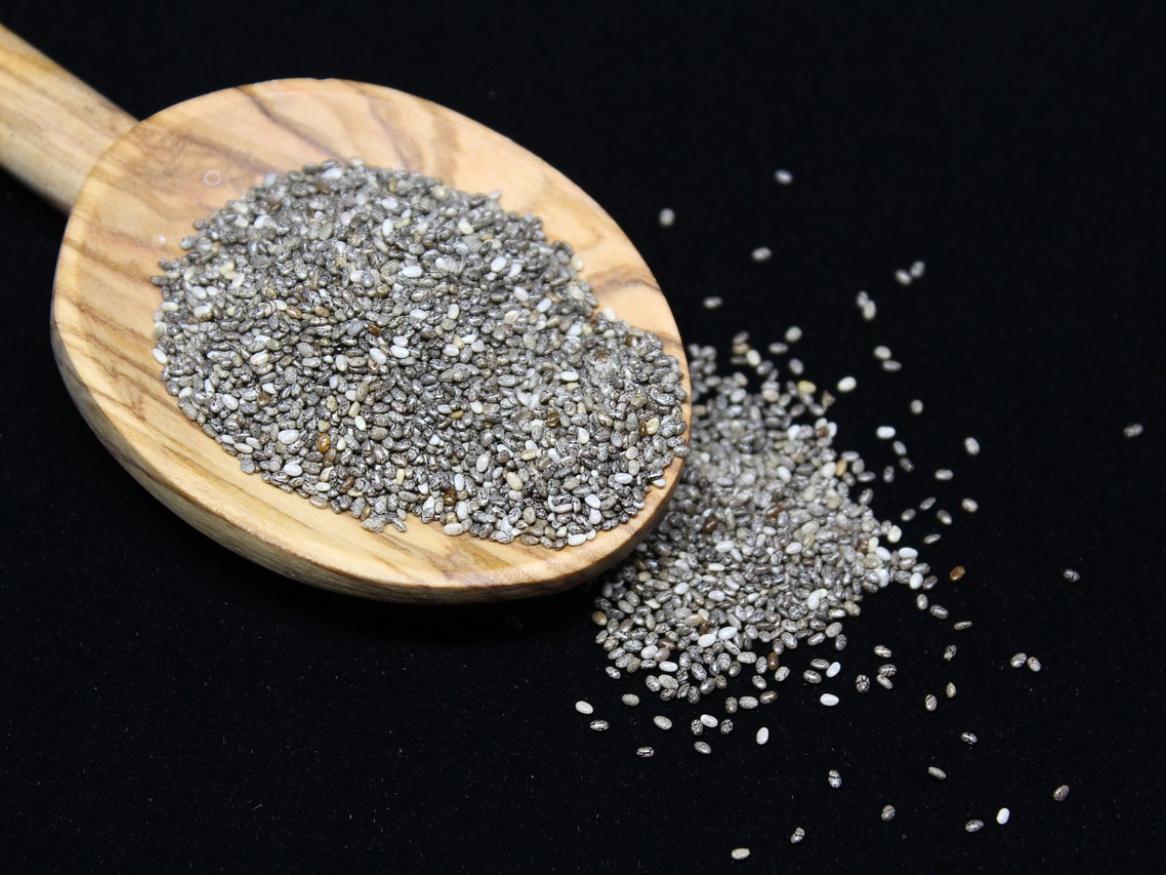
Honours project: Investigate the nutritional value of a range of plant seeds using cell culture models
[Read more about Assessing the effects of plant seed extracts on Caco2 cell cultures]
Making a bistable switch
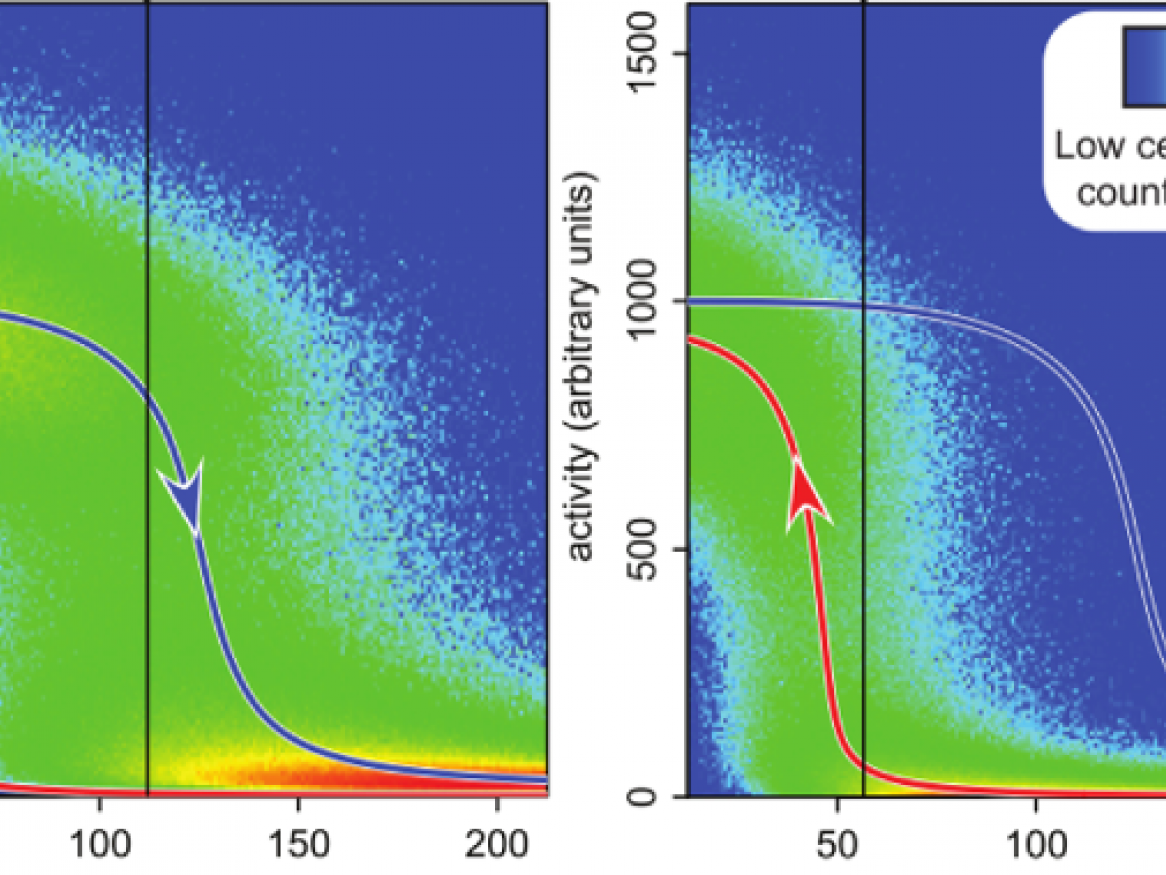
Honours project: This honours project involves the design, construction and testing of an activator based bistable switch.
Drug resistance of malaria parasites
Honours project: Characterise drug sensitivities and resistance mechanisms of different malaria parasite species.
Molecular biology analysis of the function of Alzheimer's disease genes
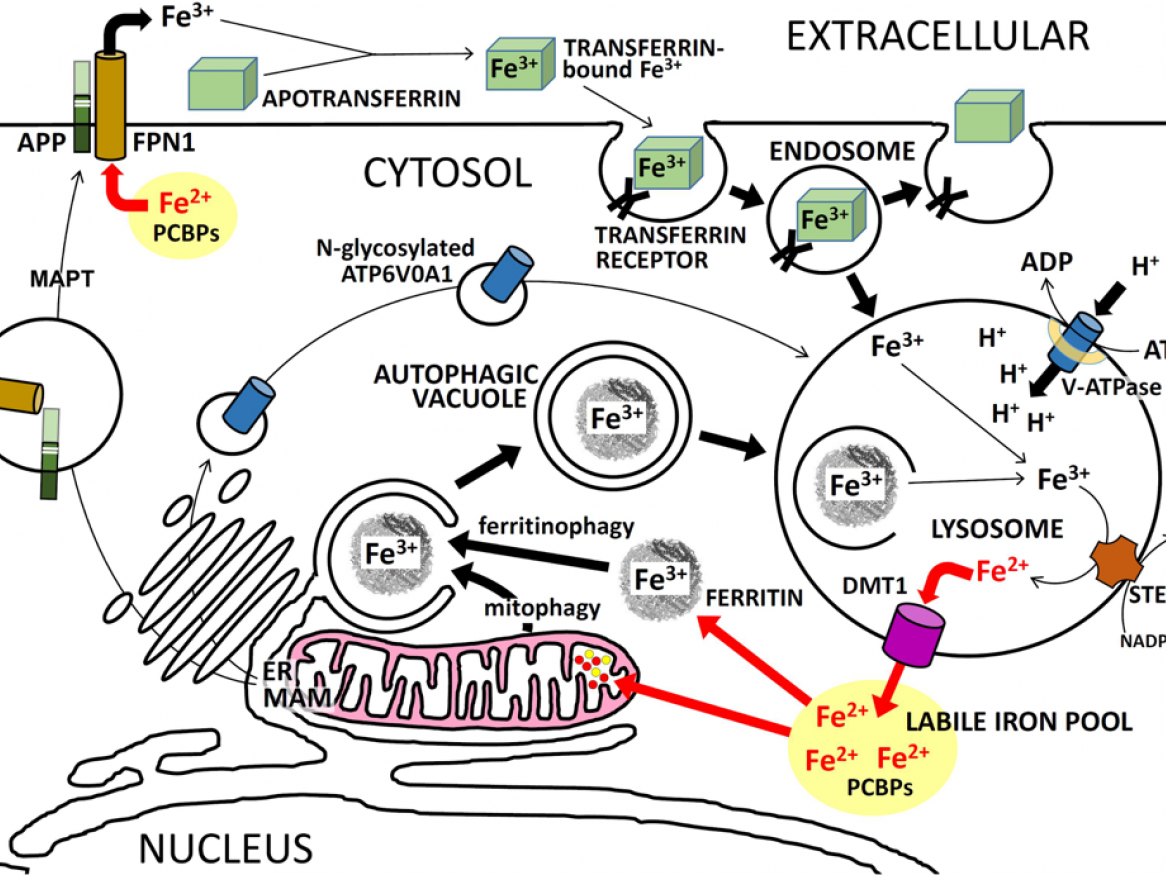
Honours project: Investigate the molecular biology of the function of Alzheimer's disease genes.
[Read more about Molecular biology analysis of the function of Alzheimer's disease genes]
Models of Hadrons & Hadronic Interactions
Honours projects: Projects using models such as NJL, or the MIT bag, to calculate hadron properties, to calculate reactions involving hadrons and to build quark models of atomic nuclei.
Stress response in pathogenic bacteria: Haemophilus influenzae
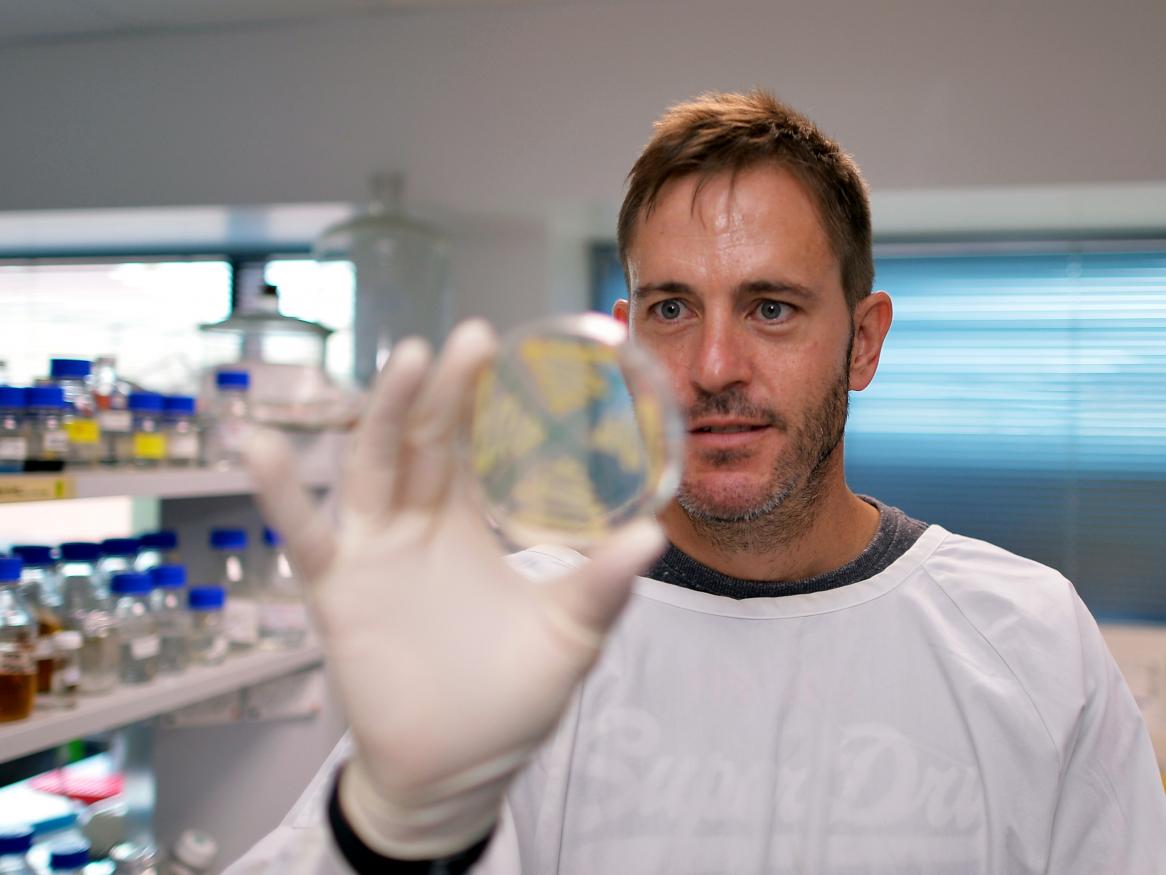
Honours project: Participate in important research into the stress response in pathogenic bacteria, in particular, Haemophilus influenzae which can lead to several serious diseases in humans.
[Read more about Stress response in pathogenic bacteria: Haemophilus influenzae]
Zika virus infection of the placenta
Honours project: Examine the role of the innate immune response to zika virus infection in the female reproductive tract (FRT) and placenta.
Role of HIFs in cancer
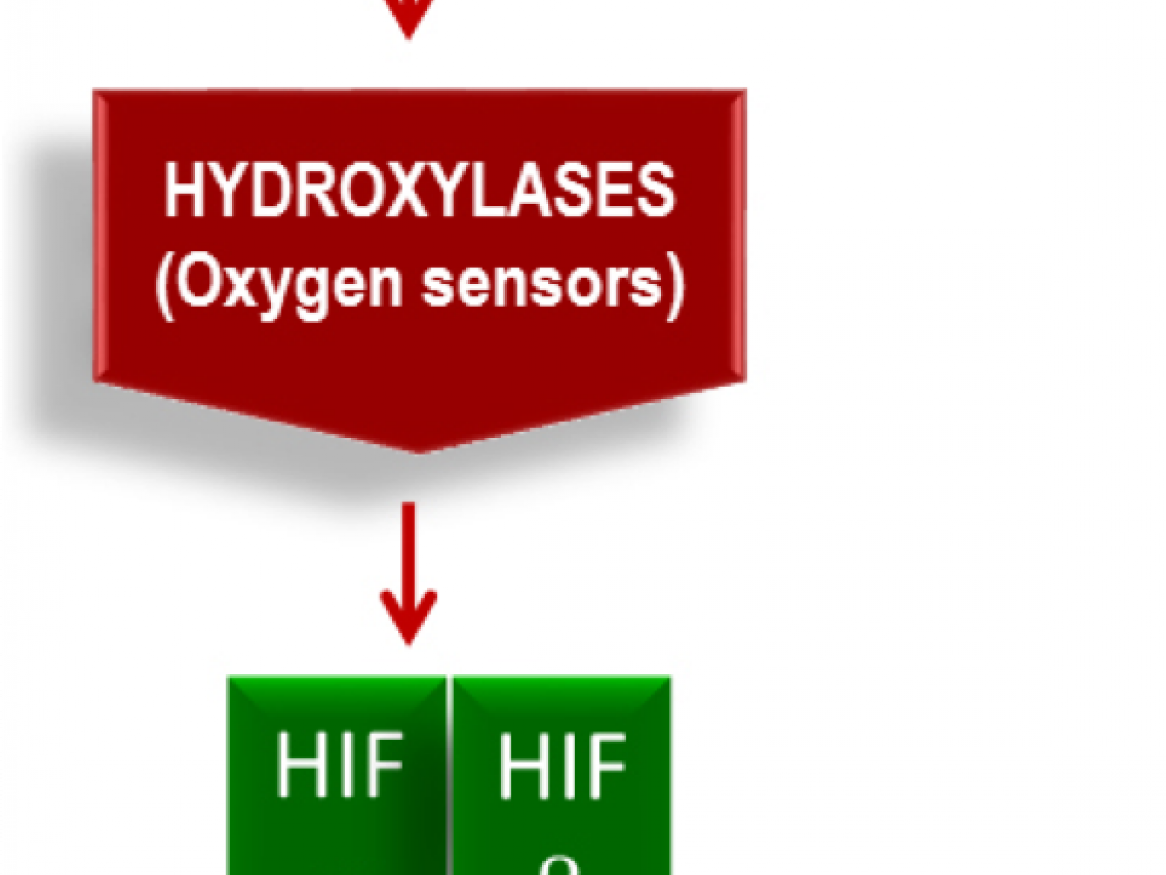
Honours project: Decipher the specific roles of HIF1 and HIF2 in multiple myeloma.
Behavioural analysis of zebrafish models of Alzheimer's Disease
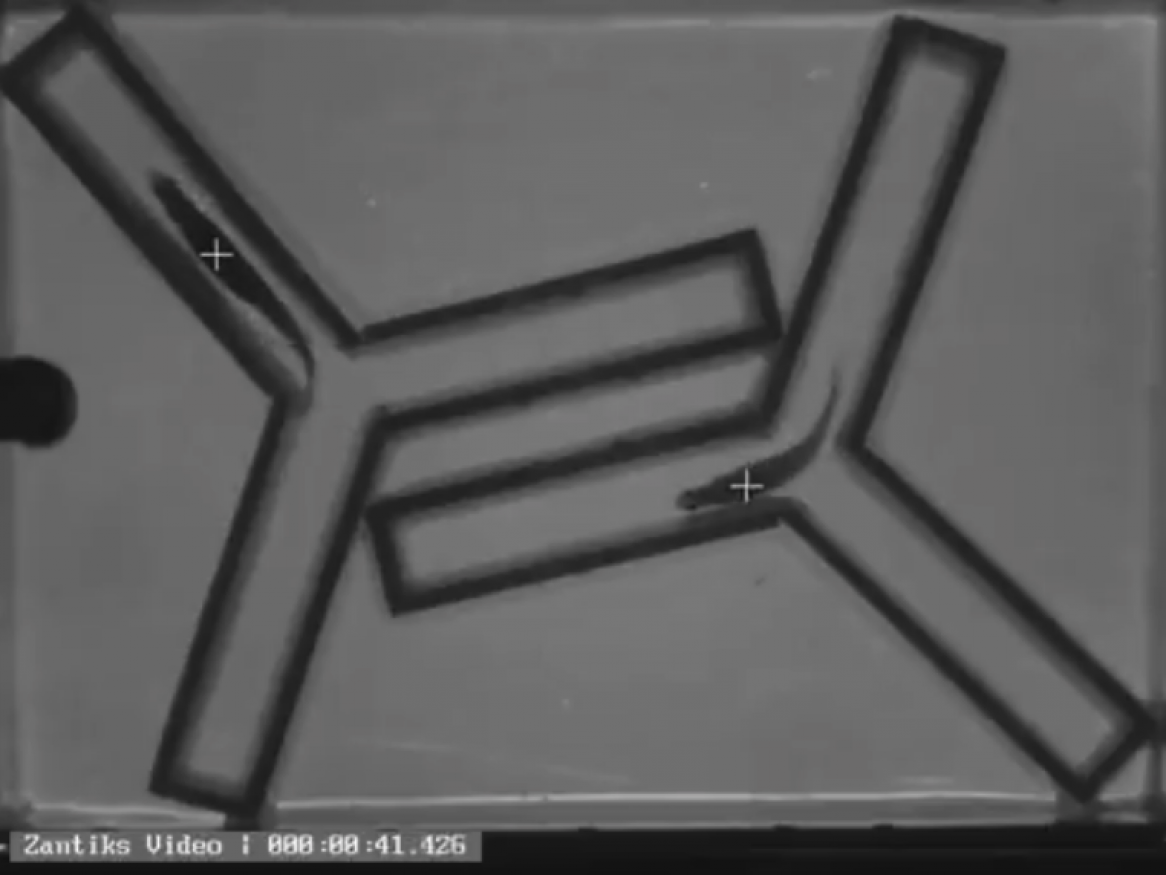
Honours project: Undertake behavioural analysis of zebrafish models in order to help find treatments for Alzheimer's Disease.
[Read more about Behavioural analysis of zebrafish models of Alzheimer's Disease]
Directed evolution of proteins in vivo
Honours project: Use a new phage-based directed evolution approach to evolve proteins with properties to make them suitable for use in synthetic circuit applications, such as in vivo biosensing or construction of bistable switches.
